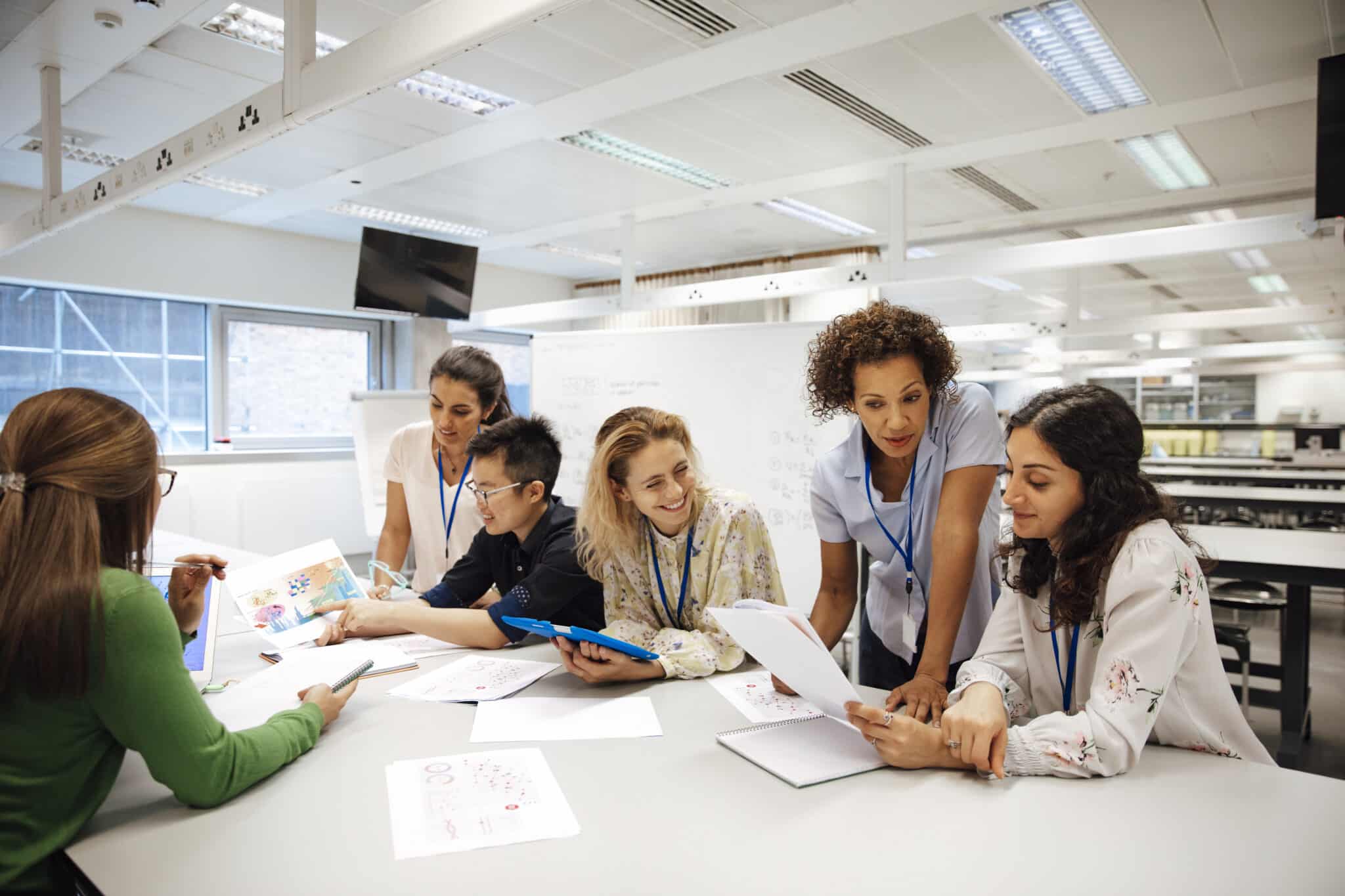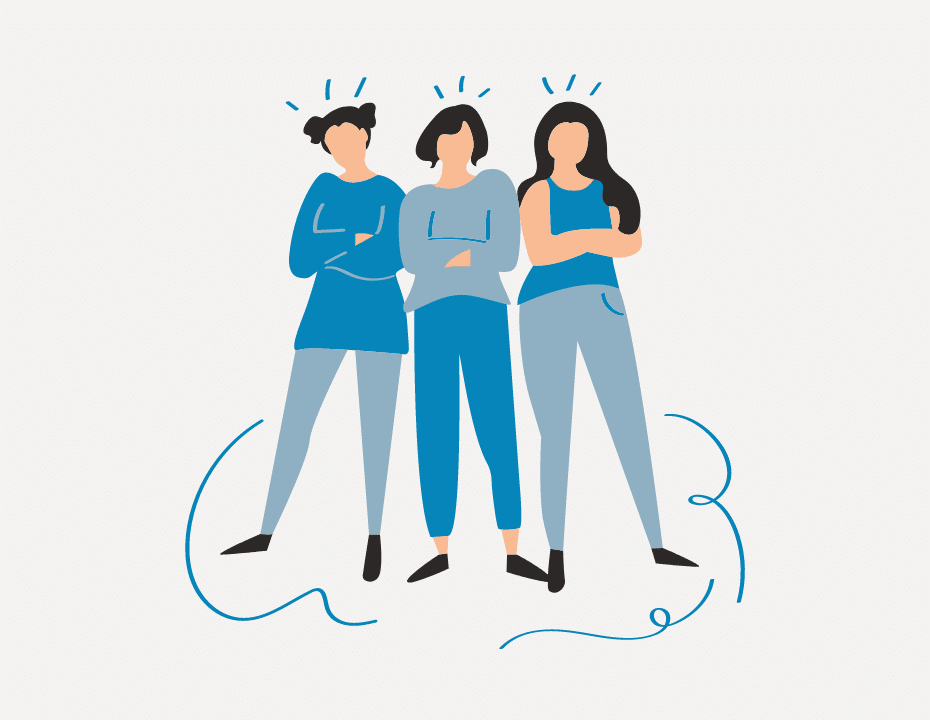Highlights:
- For Women’s History Month RingCentral’s Bonnie Rodriguez, Stephanie Strahl, and Tim Wilbourn discuss the role of male allyship in bringing women’s equity to the workplace and society.
- Women’s equity allyship includes education, promotion, amplification, mentoring and elevating women.
Allyship is becoming a more commonly heard word in our changing society, but what does it mean pertaining to women’s equity? Harvard Business Review defines male allies as “members of an advantaged group committed to building relationships with women, expressing as little sexism in their own behavior as possible, understanding the social privilege conferred by their gender, and demonstrating active efforts to address gender inequities at work and in society.” So what are some tangible ways to be a more effective male ally?
Becoming effective allies
Women’s History Month (WHM) is celebrated each March to highlight and commemorate the contributions of women to American history and contemporary society. In honor of WHM, we sat down with some members of our Women in SaaS Empowerment (WISE) employee resource group including two of their Allyship Committee leaders. They discussed the importance of male allyship and how participation from privileged groups can further women’s equity in the workplace and society. Channel Marketing Manager and the WISE ERG Allyship Committee Chair Stephanie Strahl says “listening and unlearning biases are two of the most important things men can do to become effective allies.”
Allies take action
Understanding and acknowledging their privileged status is the first step for men who want to be better allies. There is a long and widely-recognized history of discrimination against women in the workplace, something many companies are working hard to change. Still, a 2022 report from McKinsey found that only 52 women are promoted to manager for every 100 men in the technology industry. The participation of men is critical for substantive and permanent improvements in equity. Male allies must actively work to close this gap in leadership roles through mentorship, promotion, compensation, and the amplification of women’s voices.
Seen. Heard. Valued.
When we asked our women interviewees “What do you wish someone had told you as a woman working in a predominantly male industry?” both had a similar response. It was about being seen, heard, and valued. Director of Critical Accounts, Projects and Programs, and WISE ERG member Bonnie Rodriguez wishes someone would have explained “how to navigate conversations with men and show your value and worth. That was one of the hardest things, just making sure they understood my value and my capabilities.” Amplifying women’s voices and creating an inclusive environment where their value is celebrated is a key opportunity for male allies.
Recognize contributions
Women’s contributions often extend outside of their formal roles yet bring tangible business benefits (DEI efforts for example). Deloitte’s 2022 Workforce Experience Research Study shows creating an inclusive environment increases employee retention and satisfaction. Crediting all of a woman’s contributions recognizes her total value to the organization, increasing the likelihood she will be offered advancement and equitable compensation.
Tim Wilbourn, VP of Customer Experience and WISE ERG Vice President acknowledges, “It is critical when you are in a position of hiring to bring women onto your team. They are great at prioritizing and uniquely adept at solving complex problems.” Recognizing contributions and elevating women to leadership positions are two more ways male allies can bring about long-lasting societal change.
Mentorship is allyship
With more male allies in leadership positions, there is an opportunity to train and promote women as they climb the ladder. Mentorship is another powerful tool for elevating women in the workplace. Rodriguez is grateful to have male mentors who “are trusted advisors and helped me create my brand and promote it through the organization.” Stahl likewise appreciates the male mentors who have influenced her career by, “taking a look at my resume, giving constructive feedback, or complimenting the unique way I would approach something versus the way they would do it.”
Allyship makes a difference
Pew Research Center reports 42 percent of working women say they’ve faced discrimination at work because of their gender. The good news is that allyship is on the rise and we’re seeing improvements in the number of women taking leadership roles. Studies show companies with more women executives are more profitable, more socially responsible, and better at innovation. With 25% of five key corporate executive positions now held by women, that’s good for business and society.
Updated Mar 13, 2025












